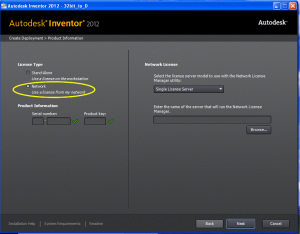I had a problem where one user could not print in BoardStation. The problem was that nothing happened when they went to print. It turned out to be a problem for me as well. I had one other user on a different computer that didn’t have this problem. So I made sure that all the same packages were installed on both computers and that the same settings were used. It didn’t matter, the ezprint window would not pop up in any BoardStation program.
After a day of messing around with things, I finally found the problem was in the setting of LD_LIBRARY_PATH. If I included the directory containing the library that specctra needed (/net/sw/cadence/spb/spb16.5/tools.lnx86/lib) then the print file wouldn’t appear. If I took that library out, the print window popped up without a problem.
Unfortunately, without that library, the specctra program would not run. And both of our engineers still use specctra for routing. So I wanted to get both programs working correctly at the same time.
The solution was to add /lib and /usr/lib to the beginning of the LD_LIBRARY_PATH environment variable. So now my LD_LIBRARY_PATH variable looks like this:
$ printenv LD_LIBRARY_PATH /lib:/usr/lib:/net/sw/cadence/spb/spb16.5/tools.lnx86/lib:/usr/lib64/root:/net/sw/wxWidgets-2.8.12/x64/lib
and both programs work correctly.
